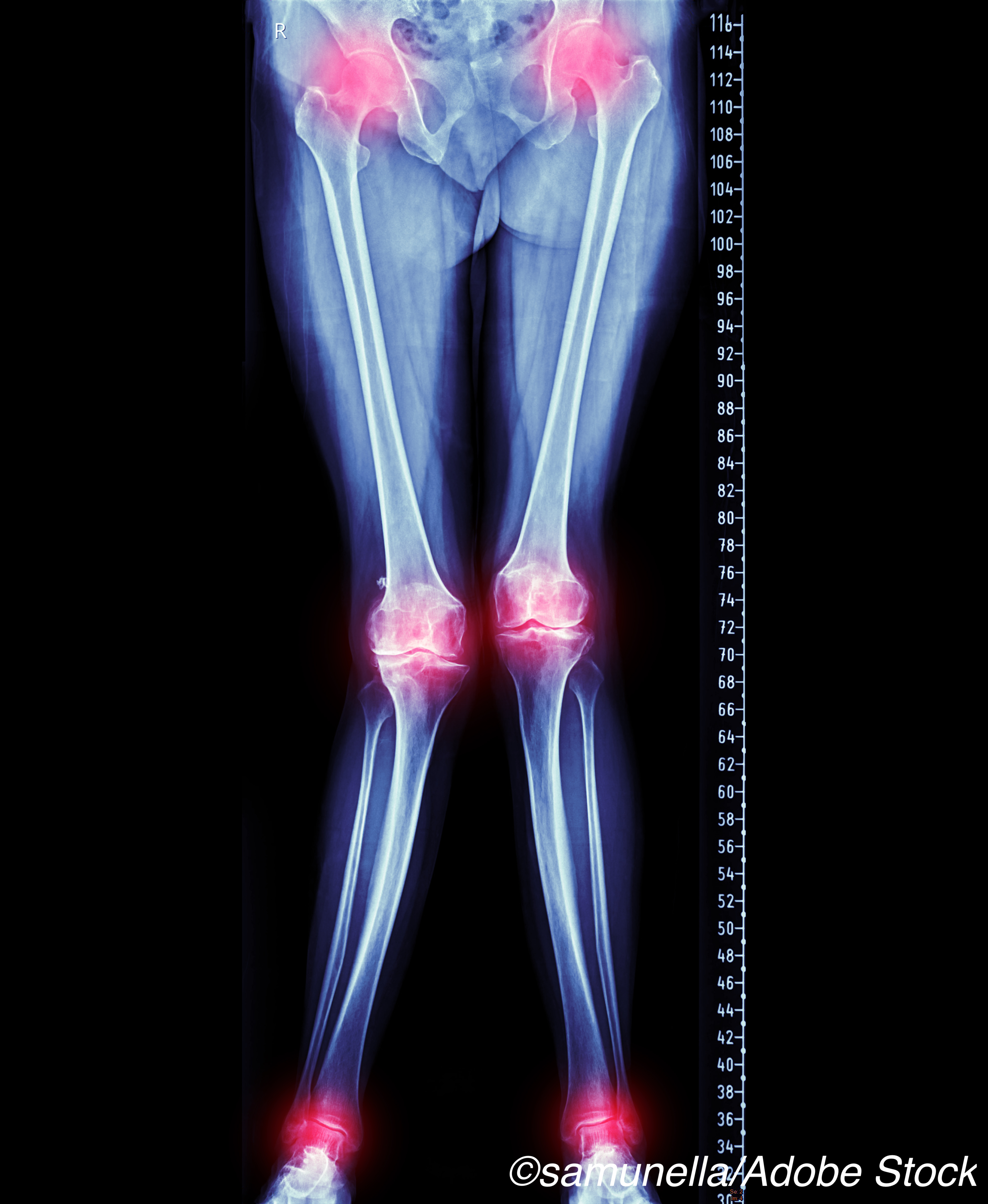
Osteomalacia — known in children as rickets — is characterized by softened bones that lead to bone pain and muscle weakness, making walking more difficult. TIO is caused by tumors that release fibroblast growth factor 23 (FGF23), lowering the body’s phosphate levels and leading to weakened, softened bones.
“Treatment for TIO focuses on identifying and removing the tumor that causes the disease,” said Theresa E. Kehoe, MD, acting director of the Division of General Endocrinology in the FDA’s Center for Drug Evaluation and Research. “However, when that is not possible, [burosumab-twza] can help increase the levels of phosphate in the blood. As the first FDA-approved therapy to treat this debilitating disease, today’s action is an important step in finding treatment options for patients living with TIO whose tumor cannot be found or removed.”
This approval was based on a pair of studies that enrolled a total of 27 adult patients with TIO. “In both studies, patients received [burosumab-twza] every four weeks,” the FDA explained. “For the first study, half of patients achieved normal phosphate levels through week 24 and maintained normal or near normal phosphate levels through week 144. In the second study, 69% of participants achieved normal phosphate levels through week 24 and maintained normal or near normal phosphate levels through week 88. The results of bone scans for patients in the first study also suggested healing of the bone lesions related to osteomalacia.”
The FDA noted that burosumab-twza is also indicated to treat X-linked hypophosphatemia in adults and children six months of age and older.
The most common side effects associated with burosumab-twza include tooth abcess, muscle spasms, dizziness, constipation, injection site reactions, rash, and headaches. The agency warned that any patient who has a serious hypersensitivity reaction while taking burosumab-twza should immediately cease taking the drug and consult their health care provider for further treatment. “Additionally, higher than normal levels of phosphorus may be associated with an increased risk of nephrocalcinosis,” the agency added.
Patients who are taking oral phosphate or active vitamin D, patients with serum phosphate levels whithin or above the normal range, and patients with severe kidney impairment or end stage renal disease should not take burosumab-twza.
Burosumab-twza is manufactured by Ultragenyx Pharmaceutical Inc.
John McKenna, Associate Editor, BreakingMED™
Cat ID: 187
Topic ID: 76,187,438,730,187,120,138,192,725


